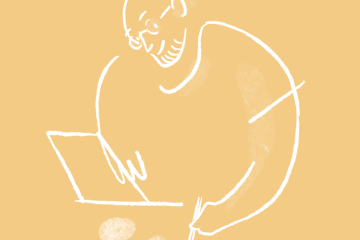Foreign medical practitioners, as well as German medical students, often face the same problem: standard procedure requires German medical practitioners to acquire their doctor of medicine degree (Dr. med.), yet this is often challenging due to the pressures of everyday professional life. Read here how to acquire the doctor of medicine or doctor of dentistry – after you have completed your studies and entered the clinic.
The Doctor of Medicine degree is a relevant symbol of competence
In Germany and Switzerland holding the title of ‘Dr. med.’ or ‘Dr. med. dent.’ is still essential for medical practitioners. Patients who seek help with medical issues are often afraid and irrational. As they are vulnerable, they want to lay their problems into competent hands – yet medical decisions are often made under time pressure with no room for complicated communication. This is where trust comes in! In social interactionism theory, the doctor of medicine degree signals that the doctor is to be trusted implicitly, even with complex and challenging issues. It bears witness to the doctor’s ability to work hard and achieve professional competence.
In daily life, this implicit trust can help a lot. Whether physicians or dentists seek to open their own office or surgery or strive for an executive function in health care – a medical doctor title is indispensable to achieving professional recognition and career advancement.
However, German approbation does not formally require a medical doctorate. Therefore, some medical practitioners enter the clinic without a doctorate title and then need to acquire their medical doctorate concomitantly to their daily duties in the clinic.




